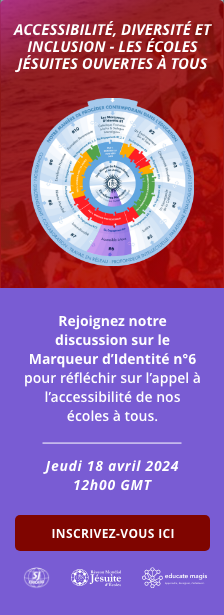It is that time of year for many of our schools; we are pitching our global exchange programs to students, parents, and even faculty, staff and administration. We’re convincing parents that their children will be in the safe, comforting hands of the Jesuit network; we’re persuading teachers that their experience in leading a trip abroad will be one of the best they will have at a high school; and we’re ensuring administration that the risk of global travel is without a doubt worth the reward! We’re likely using all of our “go to” explanations for why these trips are so amazing; enhanced language skills, exposure to new cultures, greater sense of global understanding, and more – all valuable of course! But don’t forget to mention these outcomes of global travel; outcomes that perhaps don’t fit perfectly into a program brochure, but that are written all over a student when they return home!

Life-changing – Well, yes, of course – we hope any time a student visits another country through the Hyde Center, that have a life changing experience – obvious! What we see beyond the obvious, though, is that so many students truly begin to think more deeply about their future and the implications of major decisions they’ll face down the road. Should I consider majoring in a language at college? What’s the International Jesuit Volunteer Corps all about? What colleges have the best International Relations program? While we have yet to compile the formal data to back it up, it’s a safe assumption that the majority of students who travel abroad in high school make at least one significant decision about their future based on that experience! That one decision might change their life forever.
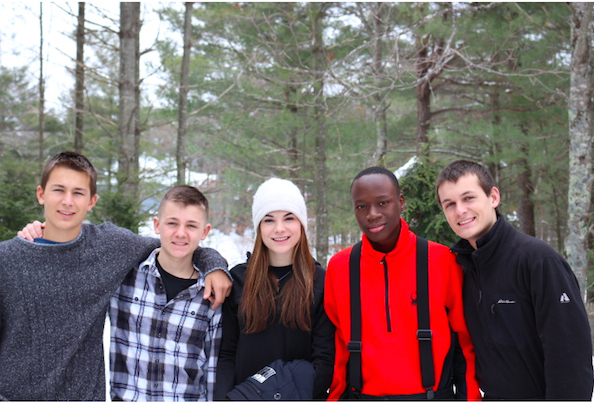
Sense of Self – Anyone who has worked closely with students knows that some fit right in with each and every crowd from day one, and others struggle to hit their stride, or find their comfort zone. The battle to find one’s own sense of self, and to make meaningful connections to a bigger picture, can sometimes be painful and challenging for an adolescent. For some, thankfully, the cure is simply traveling a few hundred, or thousand, miles away from home; taking a deep breath and embracing something that is totally new, something that frees them from expectations or societal norms. Lost are preconceived notions, and found is the ability to recreate themselves as whomever they feel most comfortable. In my time working with student’s traveling aboard, almost nothing has been more rewarding than to see a student whose global experience has freed their soul, opened a new door, or allowed them to find their own voice, their own sense of self, and a new sense of belonging.
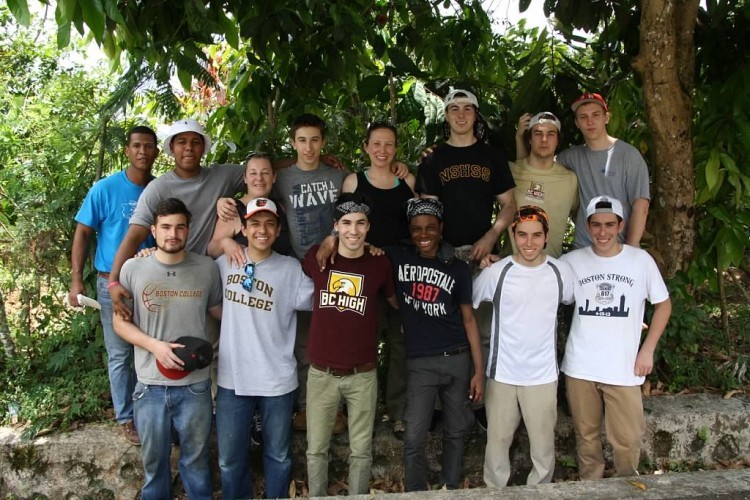
Cultural Curiosity – A few years ago, during the annual visit to BC High of our partner school in Ireland, I overheard a young freshman ask one of the lad’s from Dublin if McDonalds’ existed in Ireland. The answer made me chuckle, “no, not in Ireland, but we do have McDougal’s.” Fascinated, the freshman rattled off 100 questions about “McDougal’s” as the young man from Ireland tried not to laugh. Admittedly, it was a hilarious conversation – the wit of the young Dubliner shining through, and the curiosity of the freshman in some ways charming. I use this example with students all the time now – we can choose to give people a hard time for their ignorance or lack of cultural understanding and knowledge, or we can embrace the fact that they are at least curious. For me, instilling a sense of cultural curiosity is a pre-requisite for global understanding and competence. If traveling abroad doesn’t do it, I’m not sure anything will!
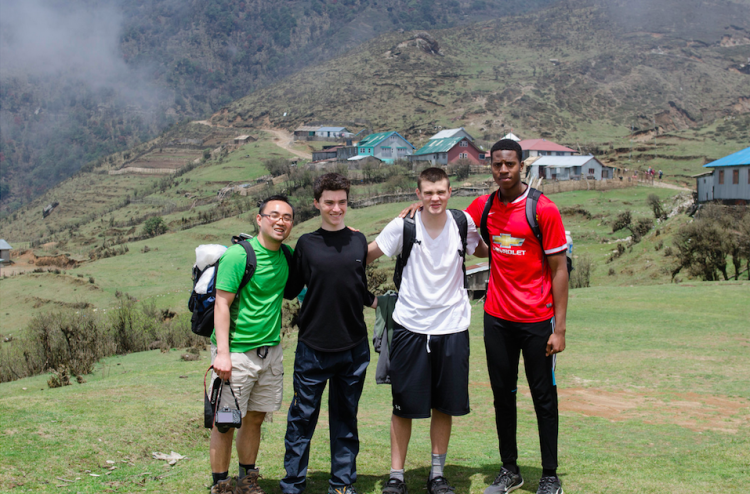
Getting beyond Stereotypes – Here’s another conversation that made we wish every student could travel the world. While in Zimbabwe, I asked a young man at a Jesuit school how he thought students from the US might stereotype a student from Zimbabwe. “Ahh,” he replied, “easy – they all think we ride elephants to school.” His comment gave me a great laugh, but he insisted he actually wasn’t joking! I asked him the reverse – what does he think about our students? “Well, I’m not sure,” he replied, “but I know they all carry bibles to school.” Two innocent stereotypes for sure, but we know that is not always the case. If we stop for just a minute and consider how our perceptions of the world might impact our actions, our openness, and our sense of global compassion, we might find every ounce of motivation we need to become more aware of, more familiar with, and more willing to embrace the incredible diversity that exists throughout the world.
Life-Long Relationships – I know, such a cliché – you’ll make friends for life – perhaps this falls under the obvious. But it’s just so true! The ease and availability, through new advances in technology, of ways to communicate globally truly allows for the deep, meaningful relationships that we all build abroad, to be never-ending. What’s truly remarkable is that these relationships aren’t just between students – we see more and more that exchange programs have become family affairs! Host parents have weekly Skype conversations, younger siblings have new role models and mentors, teachers now have trusted colleagues and friends around the world – and more incredibly, we’ve seen families now spending the holidays together! All of this because one stranger was willing to open their door to another…
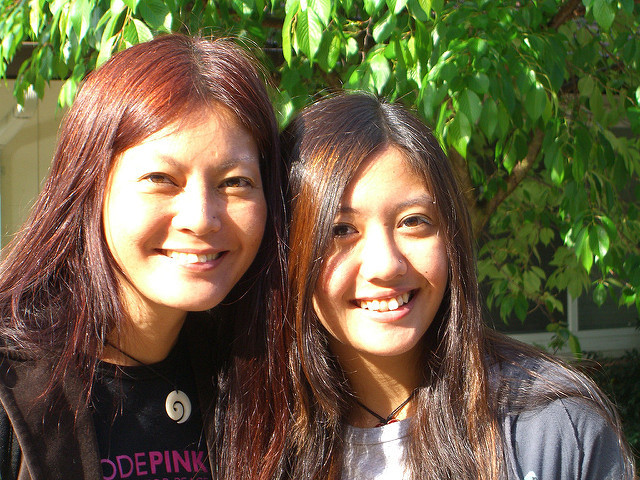
So as you’re preparing this year’s programs, or considering developing a partnership with anther Jesuit school – consider all the amazing ways in which your community will be impacted. Some of course are obvious, but some can only be found deep down, and are only known to those individuals who have allowed themselves to grow, change and thrive. Those are perhaps the most important of all.
Dan Carmody is Executive Director at the Hyde Center for Global Education at Boston College High School and Global Initiatives Assistant for the Secretariat for Secondary and Pre-Secondary Education of the Society of Jesus
Other articles in this series:
- Taking Stock: Preparing for Pitfalls Abroad
- A.M.D.G.
- Why Wait? The Transformational Power of Global Travel
- Student Exchange Programs: Your Opportunity Awaits!
Photo credit (last photo): angela7dreams via Visualhunt.com / CC BY-NC
Se connecter ou Adhérer
pour créer et afficher des commentaires

